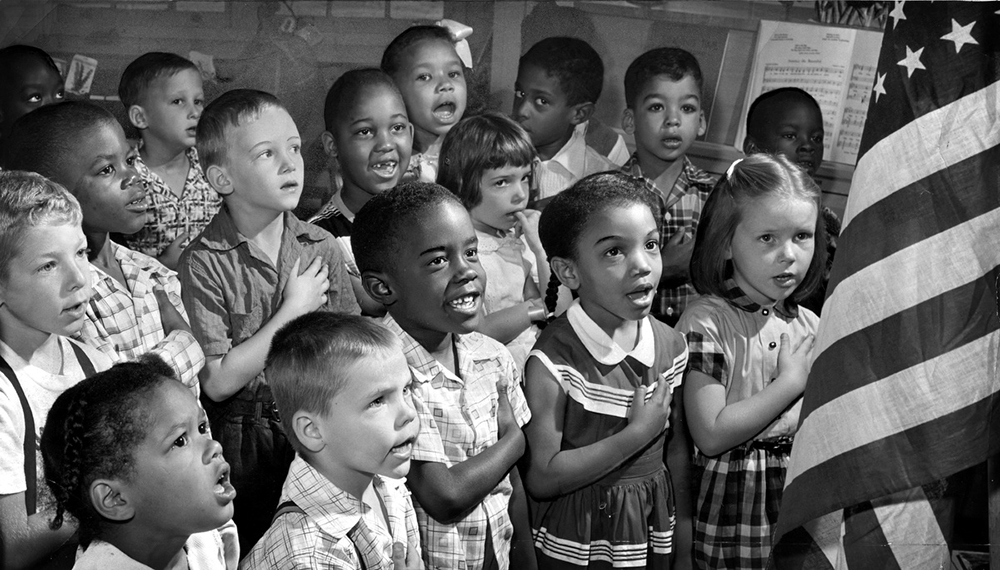An opinion exists among many Americans that the political and cultural systems in place are irreparably broken. As we read or watch the news of a polarized nation trapped in legislative gridlock, the immediate reaction tends to include a rant on the idiocy and stubbornness of today’s politicians or a blaming of the “other party.” Though perhaps idealistic, many people forget that in America the government is composed of its own citizens. But when these same citizens view the government as a separate entity and politics as a dirty taboo, they become indirectly complicit in many of the actions they condemn.
This does not imply that the United States should discourage cultural and political criticism. Rather, democracy necessitates the exposure of corruption and injustice so that citizens may make informed, careful decisions. But this exposure must create an urgency in thoughtful action, not merely loathing towards a government perceived as free from its own citizens’ attitudes and conduct.
When the citizens of the United States of America see the government in this way, they often slowly grow more apathetic or hopeless. They regard their vote as ineffective and their opinion as irrelevant. As the people’s inactivity expands, they leave more room for extremists on both sides of the political spectrum to gain power. If the average citizen will not vote, the zealots on either side of the spectrum will. If the average citizen will not involve themselves in politics, the extremists will. If the average citizen will not run for office, then the power hungry will. This leaves the nation with many representatives who now pander to their radical constituents instead of the constituents who seek honest and reasonable solutions to complex national issues. Compromise between the two sides becomes nearly impossible, and gridlock becomes the political pattern. As this resulting pattern becomes more prominent in the political atmosphere, the citizens feel increasingly hopeless. This dangerous cycle of apathy leads to extremist power. This power leads to more apathy, and only citizens utilizing the powers given to them in the constitution can end this cycle.
Much of America has realized the consequences of the blind belief that their nation can do no wrong. It may sound patriotic, but in reality it proves to destroy any openness to valuable alternatives from other countries. Part of the beauty of America lies in its melting pot of ideas and cultures, and blind “patriotism” is exactly what stifles that aspect of American beauty. But even so, apathy and loathing for our nation does not fix the problem. Just as I would hope that every citizen of the world feels proud of their own nation or culture, I hope the same for every citizen of the United States. Healthy patriotism is not the suppression of critique or the loathing of an administration, but the active participation in its nation’s betterment.







